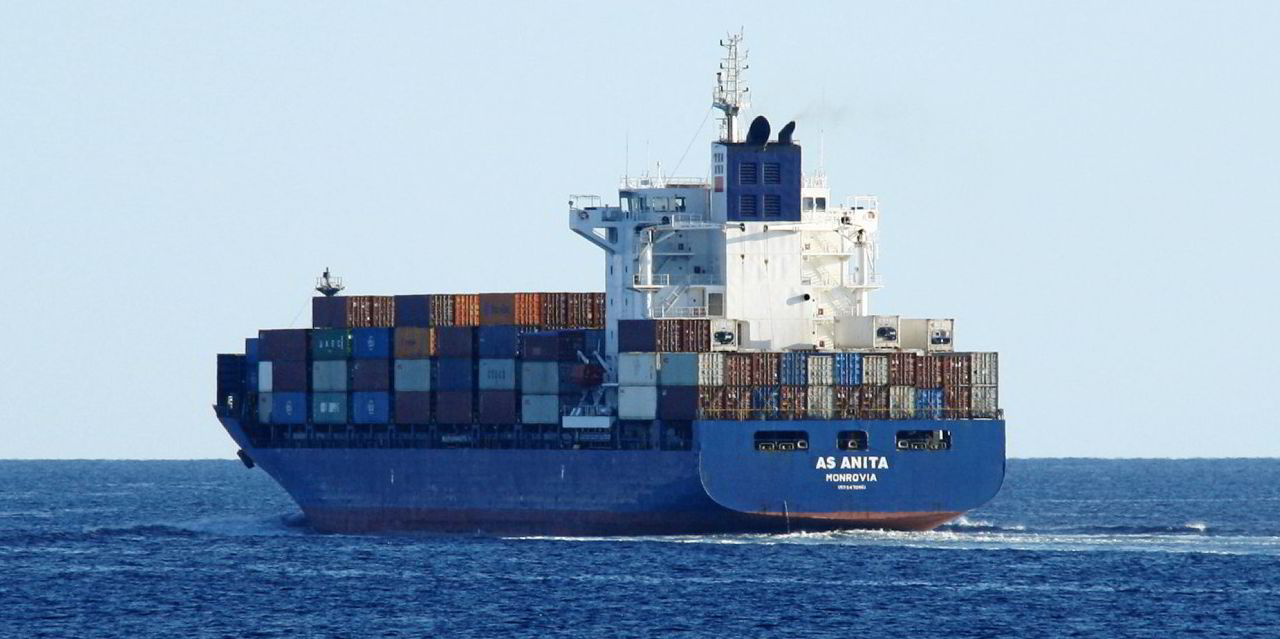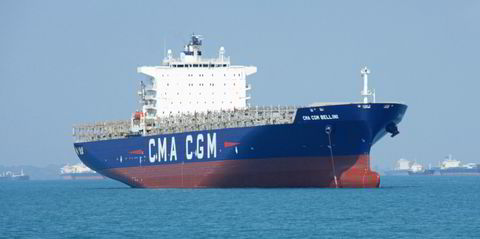Container vessels are sailing at their slowest speeds ever recorded.
Average operating speeds of boxships were just 13.72 knots in February — their slowest ever , according to Clarkson Research.
Speeds in the first two months of the year were 3.5% slower than in 2022. Larger vessels of 12,000 to 17,000 teu were 7% slower, the shipbroker noted.
Some shipowners believe the reduction is already double-digit figures.
“Looking at our very own fleet that we do see service speed reductions up to 10% in certain trades,” MPC Container Ships (MPCC) chief executive Constantin Baack told a recent earnings call.
“Obviously, there are definitely differences in regional trade as far as the speed profile is concerned.”
“But we believe that this is not yet based on revised schedules by liner companies, but rather on individual orders to go slower," he said.
Liners reduced speed last year to reduce oversupply as faltering box trade and freight rates fell to ‘normal’ levels, according to Clarkson.
But this year, ship operators are also feeling the impact of the International Maritime Organization’s (IMO) decarbonisation legislation that took effect on 1 January start of 2023.
Still young
“The year is still young, and the implementation of the relevant rule is gradual and tightens over time," said Thomas Lister, chief commercial officer of Global Ship Lease (GSL).
"But we have already seen the operating speed of our fleet reduced by around about 8% versus the same period in 2022,” he added.
He told analysts during an earnings call that the IMO rule would have a favorable impact on charter owners by reduction in effective supply.
“Put in context, a reduction in average operating speed of one knot is estimated to reduce effective supply by around about six per cent,” Lister said.
That would result in a slowing down of the global fleet to reduce emissions, reducing effective supply, he said.
Baack added that the impact of revised schedules and port rotations might only be visible throughout 2023.
“We certainly believe that the supply side will be affected in a sustainable way, meaning slower speeds in the months and quarters and years ahead,” Baack added.






